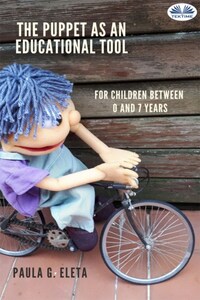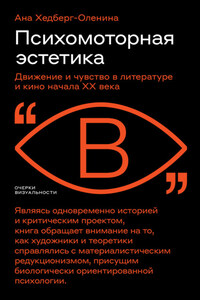The puppet as an educationaltool
Early childhood education and care (ECEC) services for children between 0 and 7 years
dr. Paula G. Eleta
Translated by Nevia Ferrara
First edition, April 2019
Updated reissue, August 2020”
The puppet as an educational tool>1
Early childhood education and care (ECEC) services for children between 0 and 7 years
dr. Paula G. Eleta
In this short paper Paula Eleta explores the theme of the value of the puppet in the pedagogical field, mainly in early childhood (0-7 years), as an effective tool to improve the quality of the educational service through play. Under the direction of the educator>2, the puppet can become an excellent "assistant" to build new educational contexts, able to offer all those who live in the Early childhood education and care (ECEC) services for children between 0 and 7 years, different accesses to a common and shared space. The puppet can help to find a more inclusive "school", giving voice and listening to the past, experiences, knowledge and skills of the various actors involved: children (first of all), families, educators, the pedagogical coordinators and other subjects of their own territory.

"The puppet as an educational tool value" is a written text in an accessible and immediate form. In addition, the topics covered were developed on the basis of the author's long experience in the field.
The content is therefore full of concrete and enlightening examples and, among the many proposed activities to be carried out, we point out an easy and quick technique to build puppet-characters: an activity that can be performed, at the various educational services, both together with families and children (with the support of adults).
The importance of "opening up" to the context
"The mind is like a parachute, it only works if it opens up". This phrase attributed to Albert Einstein opens our short volume, as open-mindedness represents a fundamental premise for understanding why and how to bring the language of puppets to Early childhood education and care (ECEC) services for children between 0 and 7 years.
To enter into the merits of this question, we must first of all talk about the "context", in fact it is very important to know how to place our interventions in the social, territorial and cultural contexts where they take place.
Understanding the context in which we operate on a daily basis helps us to go beyond contingent problems, to enrich the pedagogical culture of the Service and above all to develop a design thought capable of reading the complexity and diversity of our society, our world, our educational service. and our users. In essence, this allows us to put the person at the center of the pedagogical interest and, consequently, to be able to respond to the emerging needs of our children and their families.
A few decades ago, the French pedagogue Bertrand Schwartz (Cfr. 1997: 209), pointed out the "detachment" of the education and training system from learners, the world of work, life, environment, cultural activities and also about its territory.
In the last twenty years, the Early childhood education and care (ECEC) services for children between 0 and 7 years have focused their efforts fundamentally on the child and not on what surrounds him: so families, diversity, the territory have remained out of thought, planning and pedagogical programming, depriving educators of precious work tools and "narrowing" their gaze, which instead must be open to looking at a world in evolution and deep change.
In my opinion, knowing how to enhance the "context" in our educational programs represents, however, an important opportunity also to sensitize children to interculturality and the model of encounter and, consequently, represents an opportunity to contribute to the development of significant skills that concern, all around, the present and the future of each child.
Build a broad-minded school
The possibility of building a broad-minded school is, however, neither obvious nor simple. Currently the School and the operators of Early childhood education and care (ECEC) services for children between 0 and 7 years must work in increasingly differentiated and complex realities, facing with a real challenge that is not only accepting and grasping the differences present within the Educational Services, but








